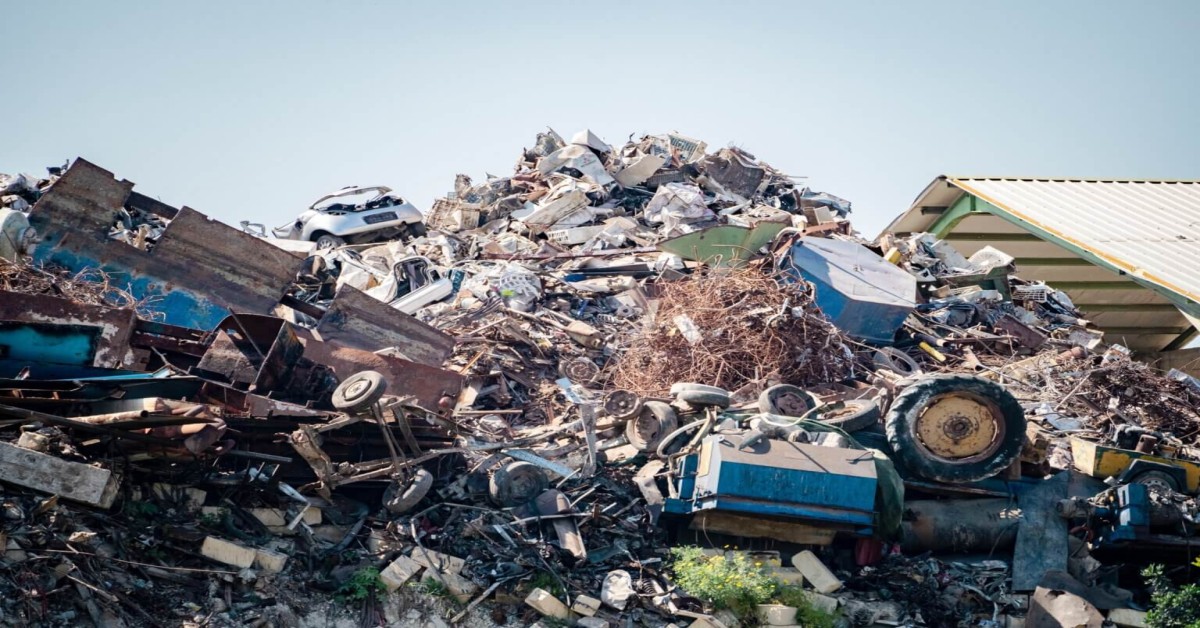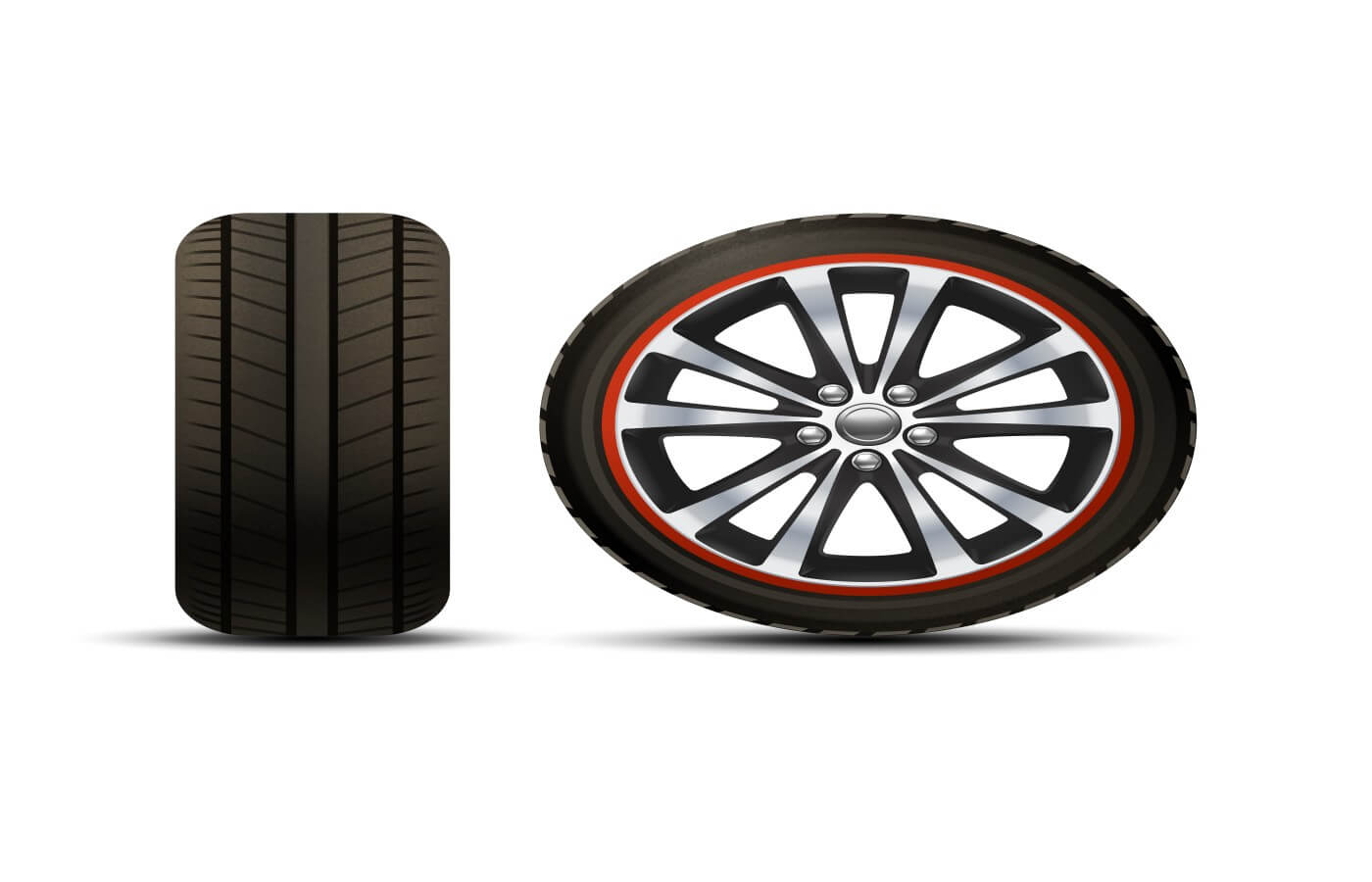Not everyone can understand and remember the chock full of jargon written in lengthy detail in claim forms. Sometimes you only come across these terminologies when their unconditional implications finally become applicable to you.
As you sign a car insurance form, it is near impossible to peruse the whole thing much less remember it. You would probably only wish to remember what the premium amount would be and how much will you be able to file a claim for.
But as is the case with many things in life, you have to inevitably deal with the unexpected. A total loss is an unfortunate scenario for the insured wherein the damage sustained on the vehicle exceeds the claim reimbursement amount.
In simple terms a total loss is a situation where the damage sustained by the vehicle is so great, it goes beyond the bounds of contractual coverage of insurance repair.
Table of Contents
When Does A Total Loss Occur?
A total loss mostly occurs for two reasons – Theft: If the car is stolen or lost and cannot be found then it is declared a total loss.
Substantial Damage: An actual total loss is declared when the cost of repair on the damaged vehicle is more than 75% of the IDV. However, if the repair costs involved exceed 100% of the value of the vehicle, it is declared a constructive loss.
How Is Total Loss Calculated?
Total loss is declared by calculating the cost of repair in relation to the IDV (Insured Declared Value) of the damaged vehicle. This is, however, subject to depreciation in the value of the vehicle at a rate specified by the insurance company. If the reparations to be paid exceed 75% of the total IDV of the vehicle then the claims adjuster can declare the vehicle a total loss.
The definition of the same according to the motor vehicle’s act states if a motor vehicle has been destroyed or has been rendered permanently incapable of use, the owner shall, within fourteen days or as soon as may be, report the fact to the registering authority within whose jurisdiction he has the residence or place of business where the vehicle is normally kept, as the case may be, and shall forward to the authority the certificate of registration of the vehicle.
| Age of the Vehicle | Depreciation (reduction in cost) Rate for Calculating IDV |
| Below 6 months | 5% |
| 6 months to 1 year | 15% |
| 1 year to 2 years | 20% |
| 2 years to 3 years | 30% |
| 3 years to 4 years | 40% |
| 4 years to 5 years | 50% |
| Above 5 years | Mutually decided between vehicle owner and insurer |
What If You Disagree With Total Loss
If you find that the claimed expenditure on the car is still justifiable, you can try to negotiate with the claims adjuster. You might be able to present a case like not including repairs for the additions you made or going for cheaper alternatives of non – essential spares. Finding a workshop that quotes a lower repair cost might also work in your favor. Alternatively, you could also seek to reverse the decision by providing documents that could confirm your vehicle’s value to be higher than stated on the insurance document. And if you feel the compensations made on the part of the insurance company aren’t up to scratch and unjust, as a last resort you could take the claim settlement to the high court.
What Happens After Total Loss Is Declared?
If a car is declared a total loss, the claim cannot be processed, in the purpose of its repair. In a case of a total loss, the insurance company compensates the insured by reimbursing the individual with the ACV (actual cash value) amount of the vehicle. This amount is the pre-total loss value of the car usually determined taking into account the wear, tear, age, and any other applicable factors that the insurance company might consider apropos. It is a metric used by different companies at different rates. The actual compensation amount however will be discussed with you and processed on an agreement.
What Should You Do In A Total Loss Situation?
Upon declaration of a total loss, the next step for you should be to get your RC certificate canceled at the nearest RTO office. The RC certificate is a document proving the registration and ownership of the car you own. After the total loss is declared, you are given a grace period of 14 days within which you must have your vehicle’s RC canceled.
What Is The Difference Between Actual Total Loss And Constructive Total Loss?
Actual total loss means the car under insurance has been totaled beyond repair and cannot be salvaged to a working condition again. An actual loss is oftentimes referred to as a total loss.
A constructive total loss on the other hand is used to refer to a situation where the cost to repair a damaged vehicle is more than the replacement cost or current market value or the IDV.











